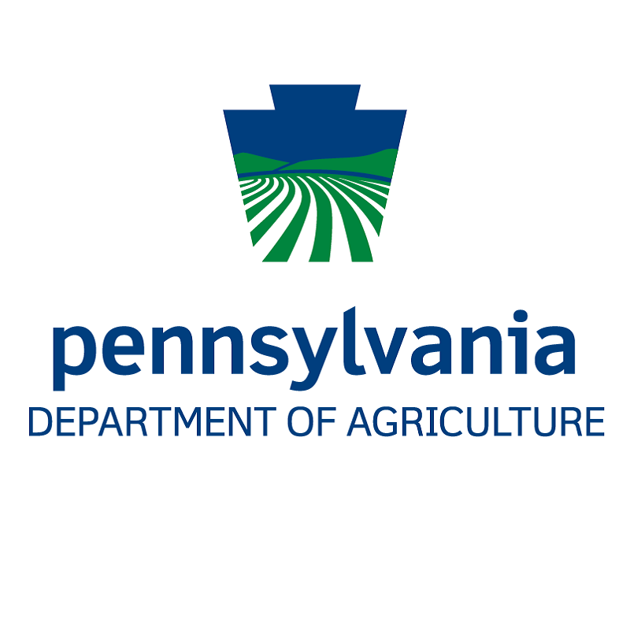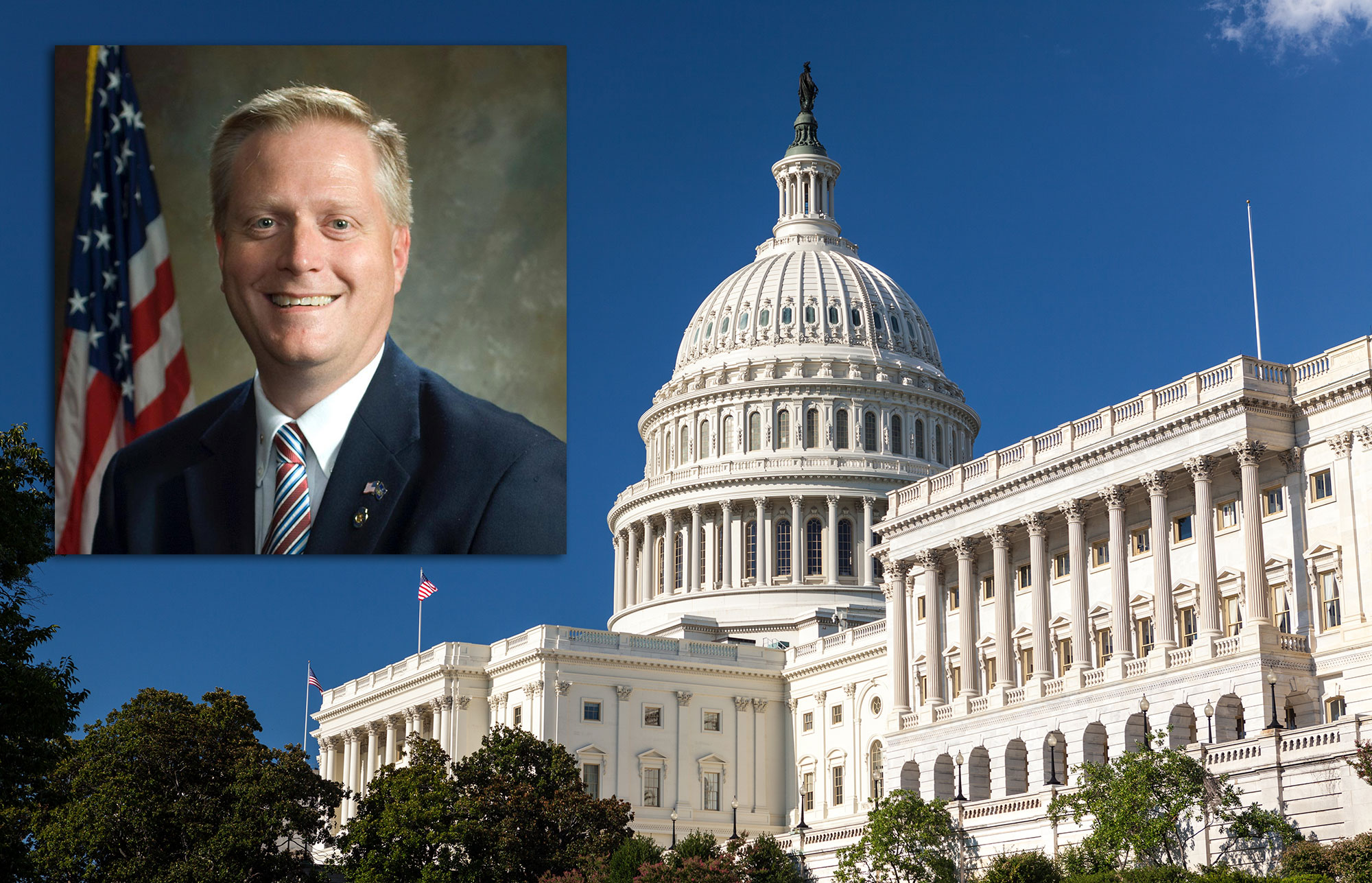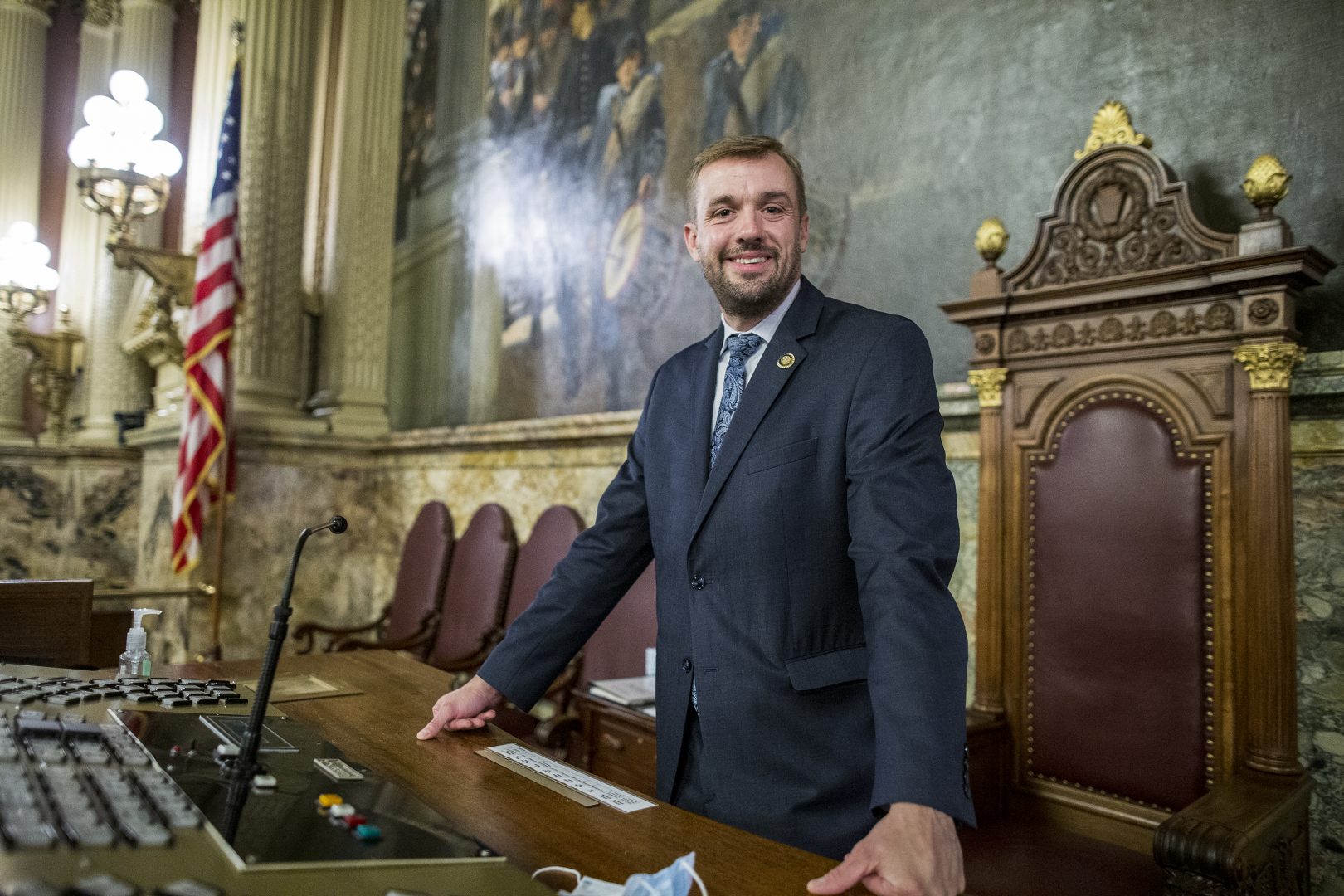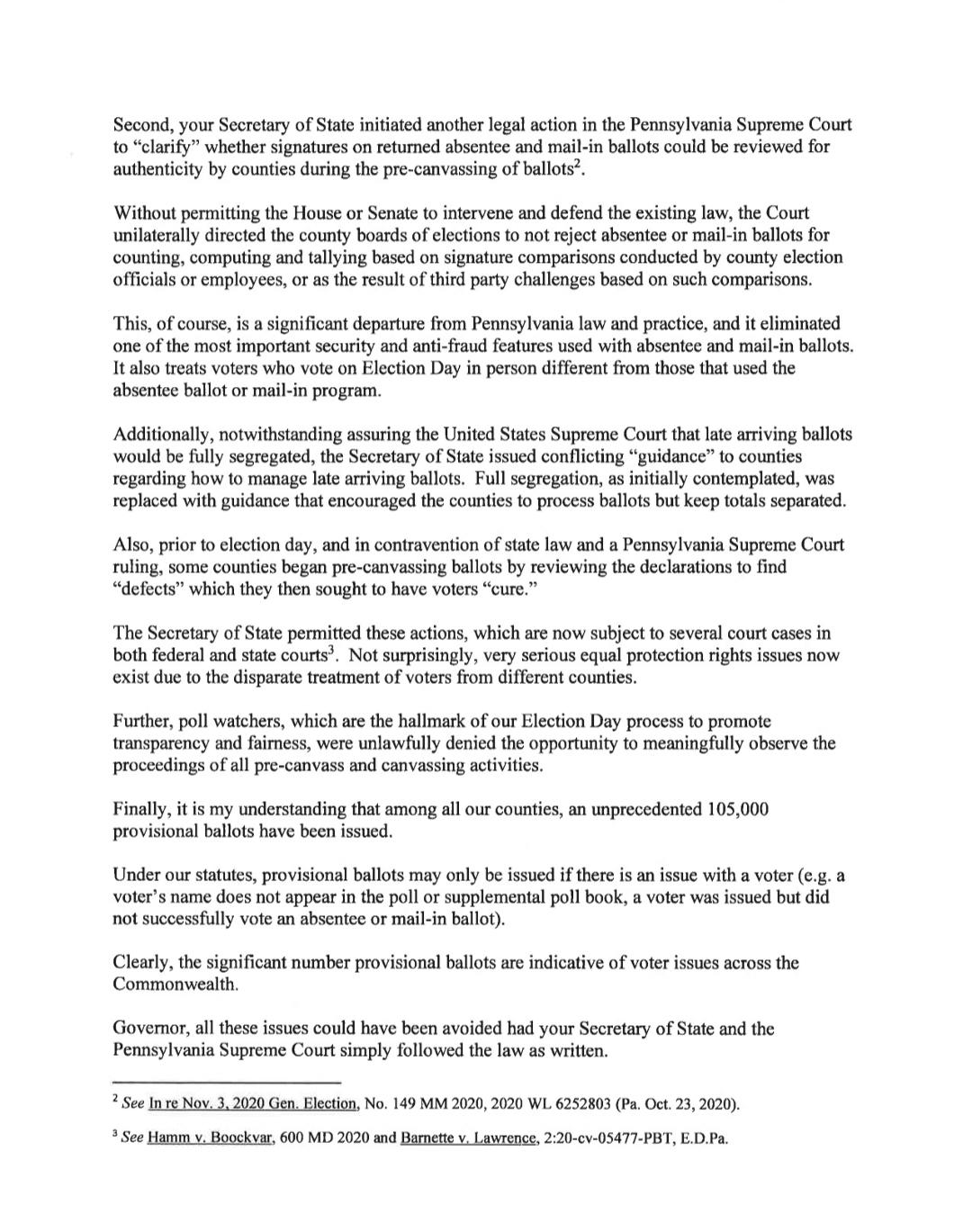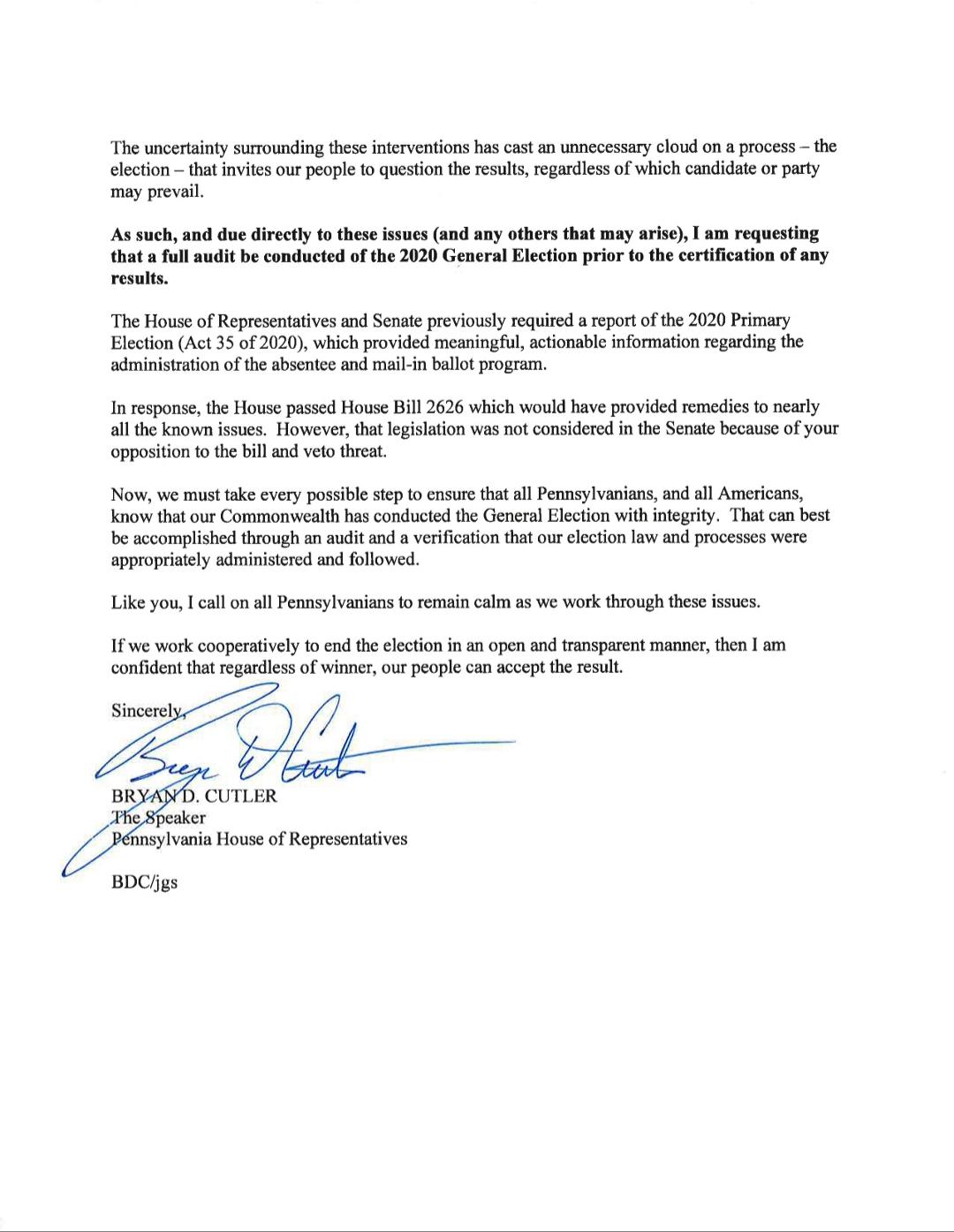Harrisburg, PA – Today, the Pennsylvania Department of Military and Veterans Affairs (DMVA) launched PA VETConnect, a statewide outreach initiative designed to better serve the commonwealth’s nearly 800,000 veterans. PA VETConnect identifies and cultivates new community partnerships to simultaneously broaden referral capabilities and connect veterans to the best possible resources, regardless of the township, county or region where they reside.
“Pennsylvania provides a variety of programs and benefits for veterans, but there are still areas that we do not have formal programs due to lack of funding,” Governor Tom Wolf said. “PA VETConnect is our solution because it allows us to address these gaps through creative inter-agency coordination and community partnerships. We owe it to our veterans to provide them with the help they need and have earned through their military service.”
“With the governor’s leadership, the DMVA staff has made PA VETConnect a priority project so that we can reach deeper into communities, establish a wider network of advocates, and provide the best possible programs and services to our veterans,” said Maj. Gen. Anthony Carrelli, Pennsylvania’s adjutant general and head of the DMVA. “We realize that there is no way a program of this magnitude can be successful without the cooperation of our community partners. We are a more helpful agency to veterans because of these relationships.”
Two innovative features of PA VETConnect make the program unique in Pennsylvania, which has the fourth largest veteran population in the nation, when it comes to veteran advocacy.
The key to PA VETConnect is an Information and Referral (I&R) database that provides those who serve veterans – such as county directors of veterans affairs and veteran service organizations – with the names, contact information and an overview of thousands of organizations throughout the commonwealth that have the resources to assist veterans’ specific needs.
The DMVA has also committed a staff of Regional Program Outreach Coordinators (RPOC) to work with veteran advocates throughout Pennsylvania to build relationships and develop a network that connects Pennsylvania’s military heroes to the resources they need to live a healthy, quality life. The RPOCs are DMVAs field-level individuals who live and work throughout the state. They not only discover new resources to assist veterans within their communities and across the commonwealth but serve as a liaison between veteran advocates and DMVA.
“Thanks to this vast compilation of organizations, veterans will no longer be limited to the resources – or lack of resources – in their immediate area. By identifying thousands of organizations throughout the state, veterans can now be connected to where they will be best served, and that includes across county lines,” Gov. Wolf added.
PA VETConnect is part of the Governor’s Customer Service Transformation initiative that improves the overall experience of Pennsylvanians dealing with state government. PA VETConnect helps veterans and families with an array of issues, including homelessness, mental health, suicide, employment, financial challenges, legal, family crisis, and much more.
To learn more about PA VETConnect, visit www.dmva.pa.gov/VETConnect. Veterans who are in need of assistance and want to connect with a service through PA VETConnect can send an email request to RA-MVVET-CONNECT@pa.gov.



